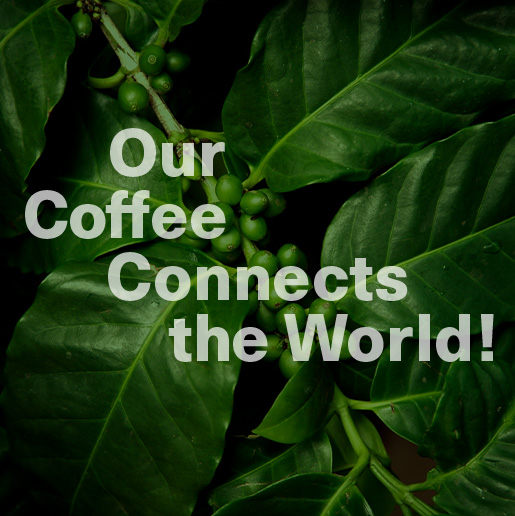
How Brazil’s Largest Coffee Cooperative Developed a World-Class Sustainability Program
Executive Summary
Cooxupé, the world’s largest coffee cooperative, with over 18,000 members — more than 97% of whom are small producers who make their living from family farming — is Brazil’s largest exporter of coffee in the global market, with 6.8 million bags of coffee beans produced in 2022 alone. As global markets continue to push for more sustainable farming practices including worker safety, equity, and diversity, Cooxupé has risen to the challenge of becoming a leader in incorporating sustainable principles and responsible practices within its business, operations and facilities, and even in the decisions that relate to its stakeholders (cooperative members, employees, suppliers, customers and community). Cooxupé’s goal is to balance the economic, social, cultural and environmental aspects that are essential to ongoing success and growth within the coffee industry.

The Problem
Over the last several years, the Cooxupé team noticed some challenges to overcome regarding the engagement of its producers in sustainability codes of conduct. The majority of cooperative members that are part of certification systems are large farmers that have more infrastructure to apply the required certification standard’s actions in the field. While small producers and family farms are responsible for the greatest part of Cooxupé’s production, they often have not had the infrastructure or support needed to pursue sustainability certifications.
As the number of cooperative members increases every year and the demand for sustainable coffee grows, Cooxupé saw a need to not only support producers who are already achieving sustainability certifications and higher yields, but also those who needed more support to increase yields to meet market demands and achieve additional certifications.









